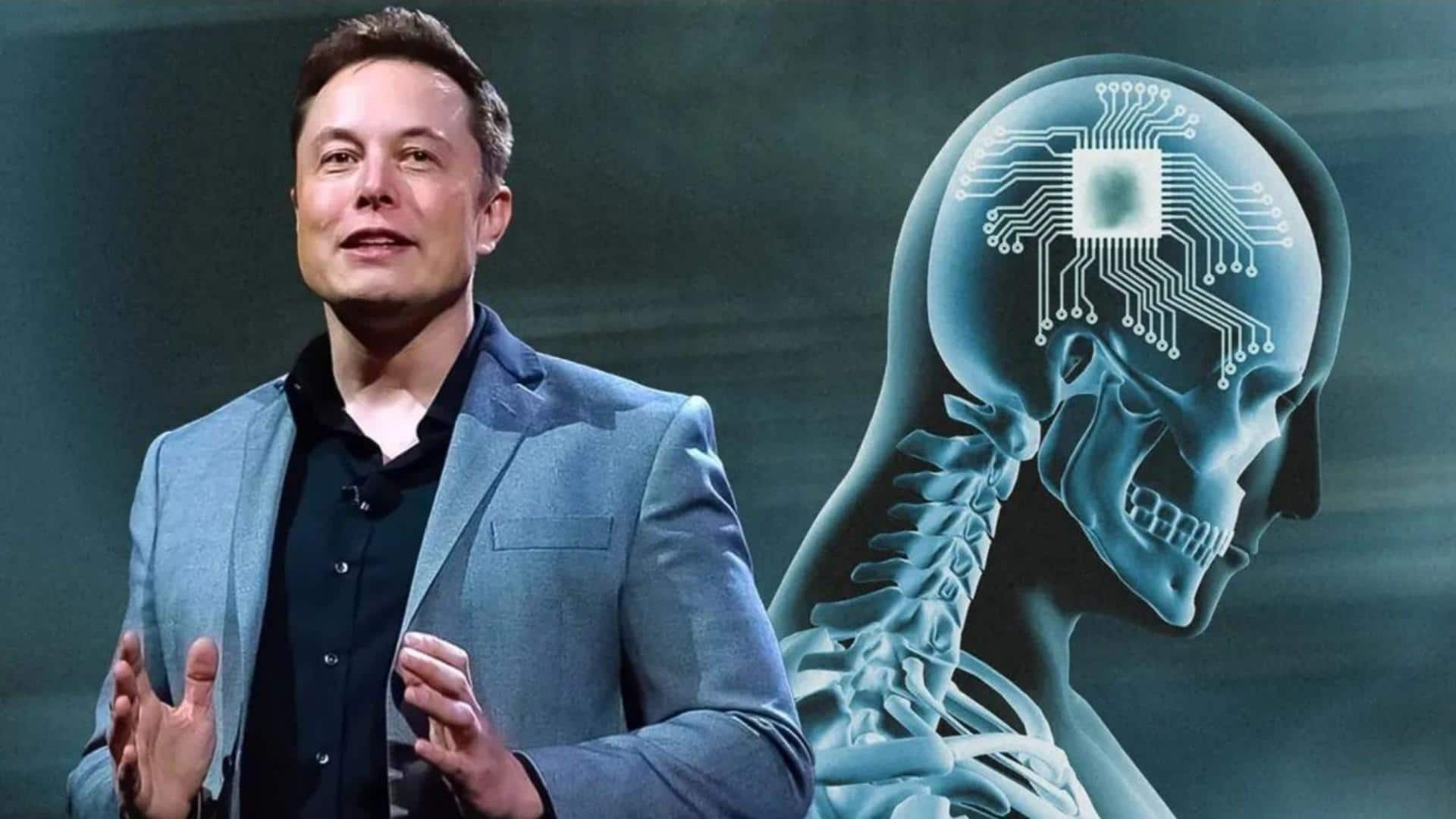
Elon Musk's radical brainchild Neuralink faces inspection from FDA
What's the story
Elon Musk's brainchild, Neuralink, is under the microscope as the US Food and Drug Administration (FDA) is investigating quality control issues at its California animal research facility. Records obtained by Redica Systems reveal that the lab is missing crucial study documents, suggesting a "lack of attention to detail." The news comes hot on the heels of the first human receiving a brain chip implant from Neuralink just last month.
Ethics
Ethical concerns and animal testing issues
Since its launch in 2017, Neuralink has aimed to help patients with neurological disorders like Parkinson's and Epilepsy. However, it has faced backlash on ethical grounds. Bioethics experts Arthur Caplan and Jonathan D. Moreno argue that it is unethical when a person investing in a human experiment with a huge financial stake in the outcome, is the sole source of information. AWired report uncovered that around a dozen monkeys died horrifically after getting Neuralink implants during testing.
Investigations
Previous USDA and FDA investigations
Although the US Department of Agriculture (USDA) found no violations. after investigating Neuralink due to staff complaints about rushed animal testing, the recent FDA inspection raises red flags. Despite these concerns, the FDA stated that Neuralink "provided sufficient information" to support its approval. As the company continues to make waves, questions about its ethical standards and transparency remain at the heart of discussions about its groundbreaking technology.
Explainer
What exactly is Neuralink?
Basically, Neuralink has made a chip that can be implanted into a human brain for controlling external devices. It is claimed that people with Neuralink chips can give commands to devices merely by thinking. Musk's futuristic vision involves the use of these implants to treat medical conditions like obesity, autism, schizophrenia, and depression. The Neuralink company is valued at around $5 billion.